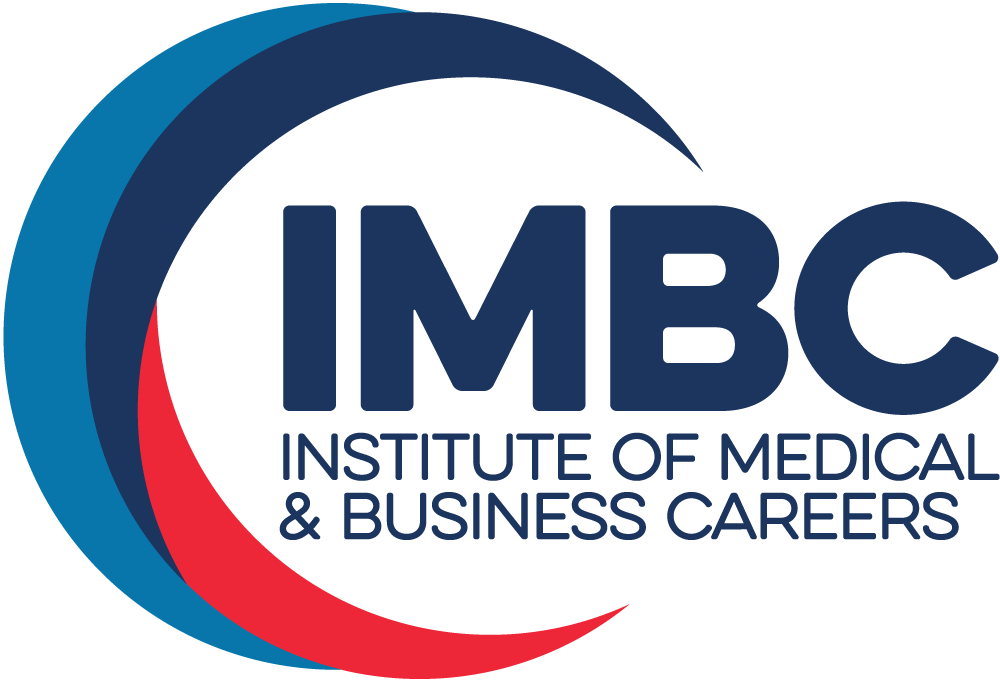Medical office administrators are the backbone of a busy medical practice. They keep everything running smoothly, from scheduling patient appointments to ordering supplies and even handling HR issues.
When you have a question or concern about your health insurance, billing, or any other issue related to your care, they’re the ones who will help you out.
In this blog, we’ll take a look at what medical office administrators do and answer some frequently asked questions about this rewarding career.
 What Does a Medical Office Administrator Do?
What Does a Medical Office Administrator Do?
A medical office administrator is a professional who oversees the day-to-day operations of a medical office. The duties of an administrator vary based on the needs and demands of the practice but generally include:
- Managing patient appointments and schedules
- Expediting insurance reimbursements and payments from patients
- Managing employee records (including training documentation)
- Handling billing issues with patients, insurance companies, etc.
- Keeping the office stocked with supplies and equipment required for daily operations
Is Being a Medical Office Administrator a Stressful Role?
Being a medical office administrator is not a stressful role if you enjoy multitasking. With the right required skills, you can expect to handle all sorts of tasks and duties in your day-to-day operations.
Some of the administrative and clerical skills required include:
- Ability to multitask
- Knowledge of medical terms and procedures
- Good communication skills
- Good computer skills
- Strong organizational skills
- Problem-solver
- Willing to learn and listen
- Time management skills
How Do You Get a Job as a Medical Office Administrator?
To become a medical office administrator you will need to earn a diploma from an accredited school. Once you have your diploma, you can apply for various jobs at:
- Hospitals
- Doctors’ offices
- Dental offices
- Nursing care facilities
- Outpatient care centers
How Long Does It Take to Be Trained to Be an MOA?
The length of time it takes to become an MOA varies depending on academic progress, success, the number of courses you take, and other factors. However, most students will complete the diploma course in 9 months which will include two six-week courses at a time.
After successful completion and graduation, no internship is required as it is not mandatory for gaining employment with various employers. In addition, no certification is required to work as an MOA.
Bottom Line
If you’re looking to get into the medical office administration field, consider IMBC. Our program is designed to equip you with the skills that are required to flourish in the medical field.
Our 9-month program provides flexibility in which some courses can be taken online or on campus, depending on your availability and preference. If you do not live in or near Erie or Pittsburgh, PA and you wish to study Medical Office Administration, you can complete a similar program at IMBC, offered entirely online.
To learn more about our Medical Office Administration diploma program, visit our website today.
